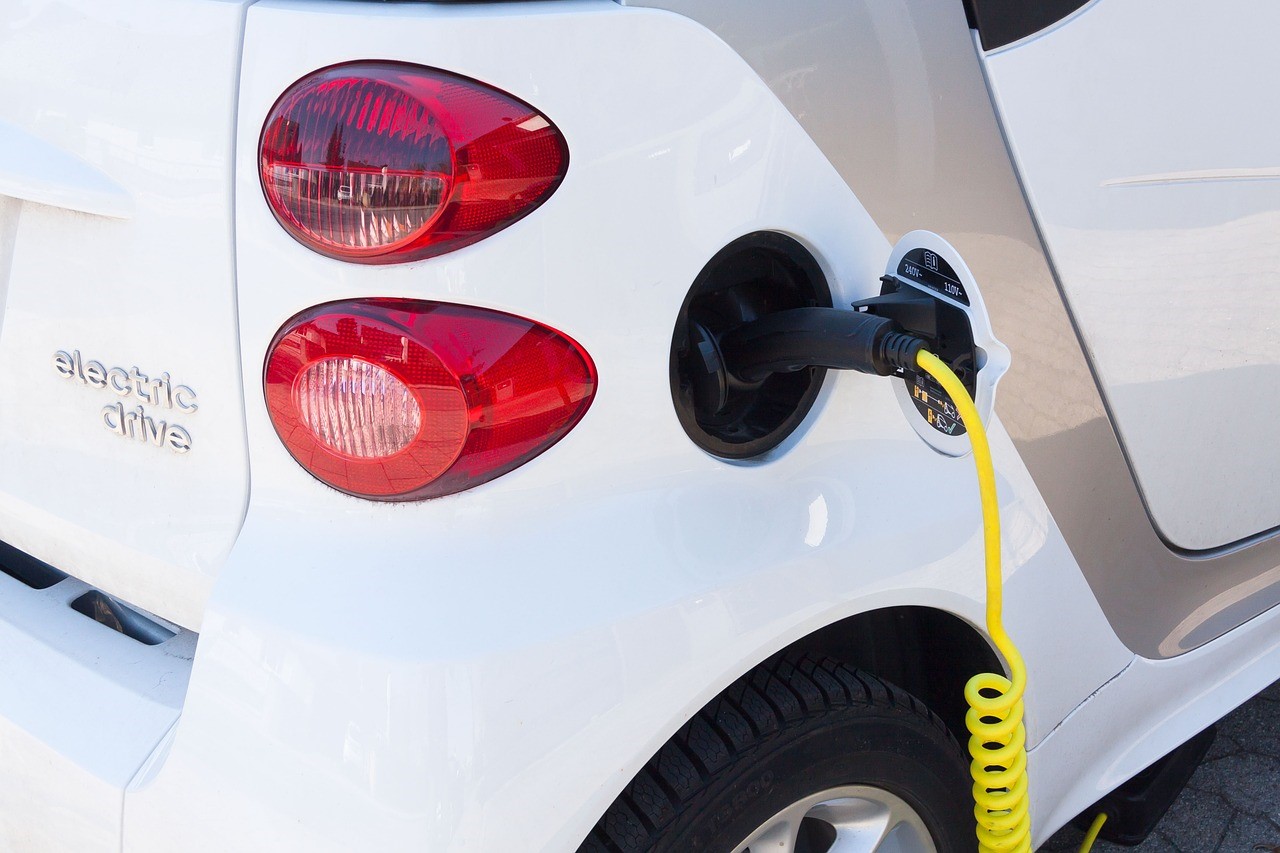Insurance
Calls to bolster EV charging network

The AA is calling on the government to put its foot down regarding the installation of electric vehicle charging points.
Department for Transport figures show that 37,055 charge points have been installed against a target of 300,000 by 2030, prompting the AA to raise concerns that the public infrastructure will not keep pace with new electric car sales.
The government plans to ban the sale of petrol and diesel vehicles by 2030, although drivers will still be able to buy hybrid vehicles until 2035.
The AA is calling for interim targets regarding the planned installation of 300,000 publicly available charge points. It has raised concerns that the infrastructure is not keeping pace with EV sales.
Jack Cousens, head of roads policy for the AA, said: “New EVs are flying off the factory floor, but we desperately need charge point installations to keep pace with an ever-growing demand.
“With a target of 300,000 publicly available charge points by 2030 and just 37,055 installations in place, more focus is needed to accelerate the nation’s charging infrastructure.
“We urge the government to set marker post targets in place so drivers can see the progress is being made while giving those nervous to switch the confidence to do so.”
Regional mismatch in EV charging points
A poll by the AA found that just one in 50 drivers use electric vehicles. But nearly three-quarters of drivers said they want to switch to electric, with almost 2 million planning to within two years.
Nearly a third of public charging points are in London, with Westminster alone having more than Liverpool, Manchester, Newcastle upon Tyne, Leeds, Sheffield and Birmingham combined.
Charging costs soar
Research by the RAC found that the cost of using publicly accessible rapid and ultra-rapid chargers has risen by 50% since May 2022.
It now costs an average of 70.32p per kilowatt hour to rapid charge on a pay-as-you-go basis, up from 44.55p (58%) last May and from 63.29p (11%) last September.
The rises, driven by increases in the wholesale cost of electricity, mean that drivers now pay £36 to charge a typical family-sized electric car with a 64kWh battery to its 80% rapid or ultra-rapid limit – enough to cover about 188 miles.
This is more than twice the cost of charging the same car at home, with the price of such a charge coming in at just £17.87.
The RAC’s analysis shows that drivers who use the rapid public charging network – typically because they need to recharge on a longer journey or are trying to charge up time-efficiently – currently pay a huge premium over those using slower chargers.
RAC EV spokesperson Simon Williams said: “For drivers to switch to electric cars en masse, it’s vital that the numbers stack up. In time, the list price of new electric models will come down but charging quickly has also got to be as affordable as possible.”